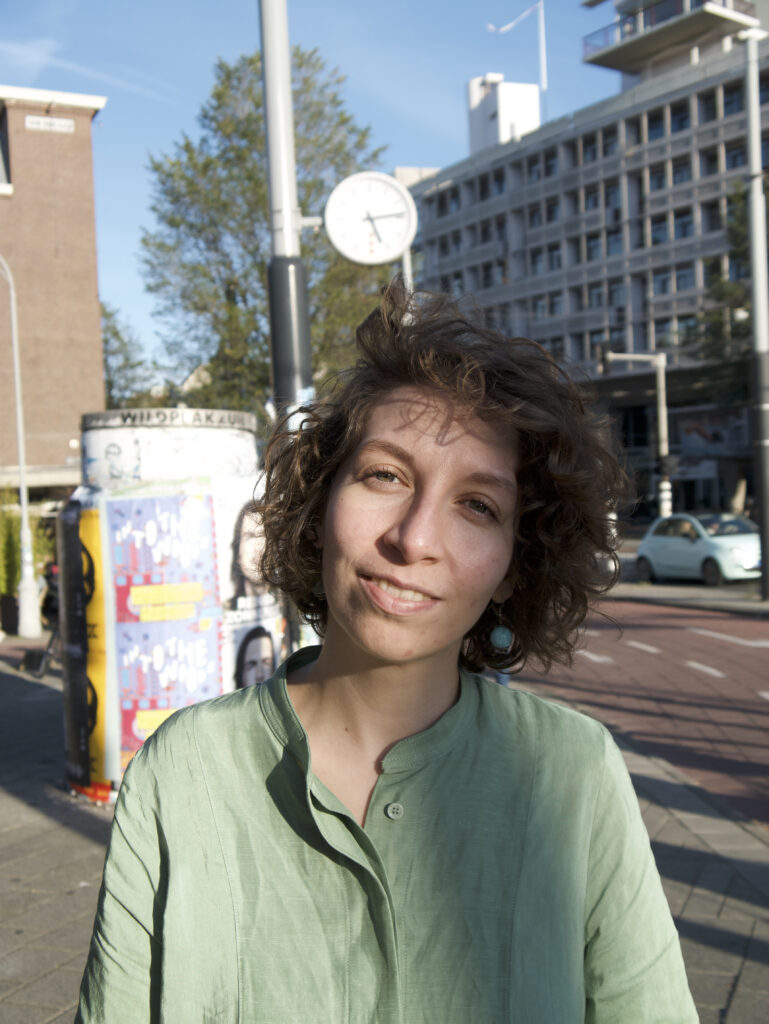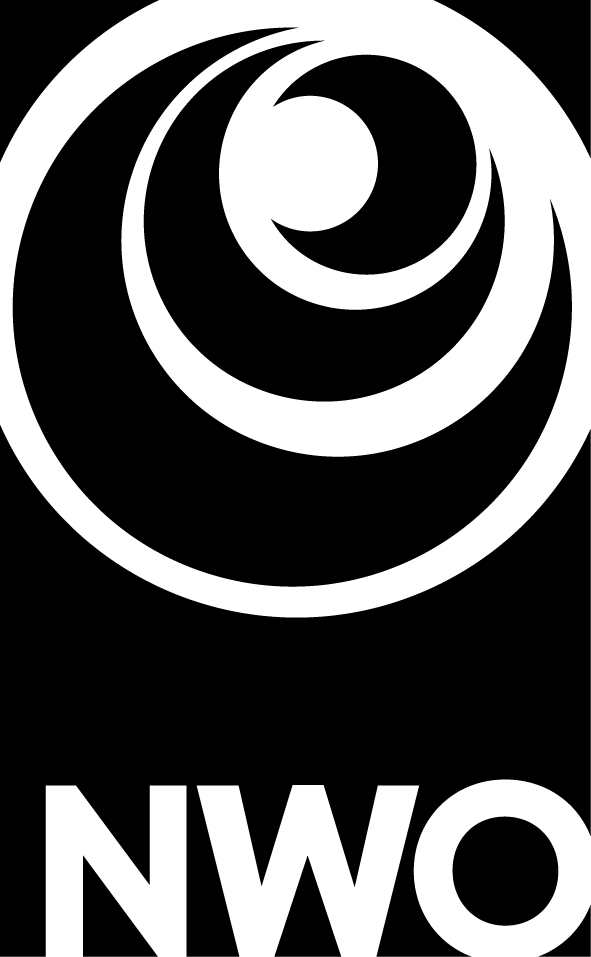About
A research project by Dr Leila Essa, funded through the NWO Talent Scheme (2022-26)
What decisions do authors from marginalised communities take inside and around their fiction when facing exclusionary creative industries and societies?
How do they individually and collectively intervene in public discourses through artistic and activist work? How do they set out to reach or even teach wide audiences?
And what consequences do these dynamics have for conceptions of authorial intention in literary criticism?
My methodology for tackling these questions is comparative: Following lines of existing networks, influences and overlaps, I conduct case studies from the German and British scene that also always point beyond these two contexts. And it is collaborative: This research centres exchange with and between the writers whose intentions are at stake.
Thanks to a Veni grant by the Dutch Research Council (NWO), the project will run from 2022 to 2026. It is hosted by the Institute for Cultural Inquiry at Utrecht University, where I am an Assistant Professor of Comparative Literature (more on my teaching, writing and previous research on my UU profile page).
Here you can follow the latest developments of Intention & Intervention:
-
Rewarding political writing
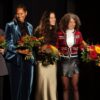
I count myself very lucky that my time on this research project coincides with my appointment as a judge for the Kurt-Tucholsky-Preis for politically engaged writing in small forms – one of Germany’s very few literary awards with explicitly leftist politics. Fellow judges Jeannette Oholi, Reinhold Lütgemeier-Davin, Hans-Werner Am Zehnhoff, Rainer Wieland and I spent…
-
For now
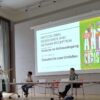
The book that I mentioned in my last post is taking shape: Marta Cenedese and I have just signed a contract with Bloomsbury Academic for our edited volume Activist Writing / Activist Reading. We are very excited to be working towards its publication with an excellent group of contributors! Amid the work on this, I…
-
Award announcement
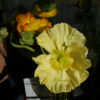
I’m very happy to share that the Netherlands Research School for Literary Studies (OSL) has given this Veni project the first prize in the 2024/25 OSL Awards for Valorization i.e. for making research useful for the wider public. This recognition is a great boost as I enter a phase of the project that is more…

